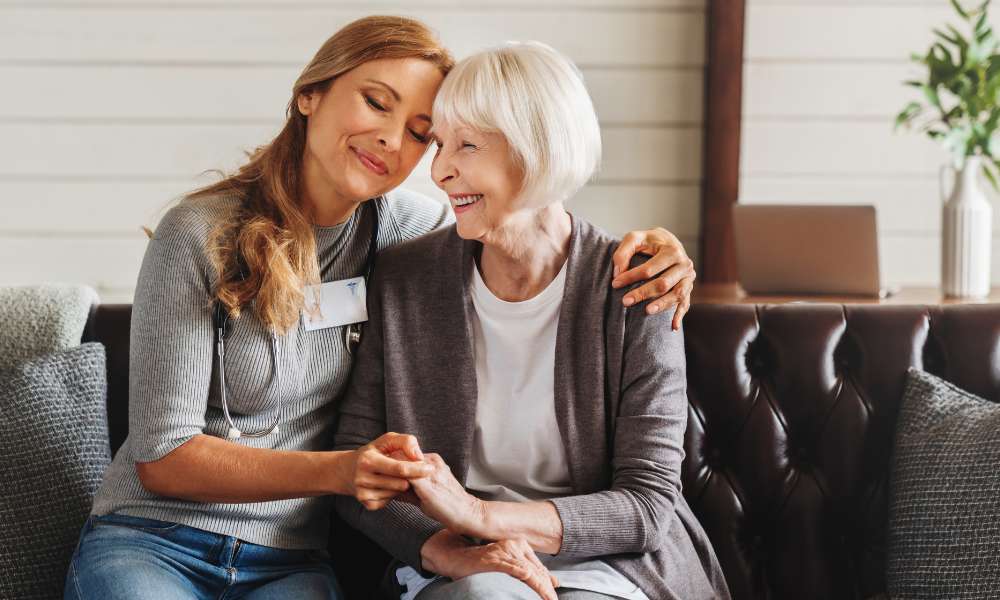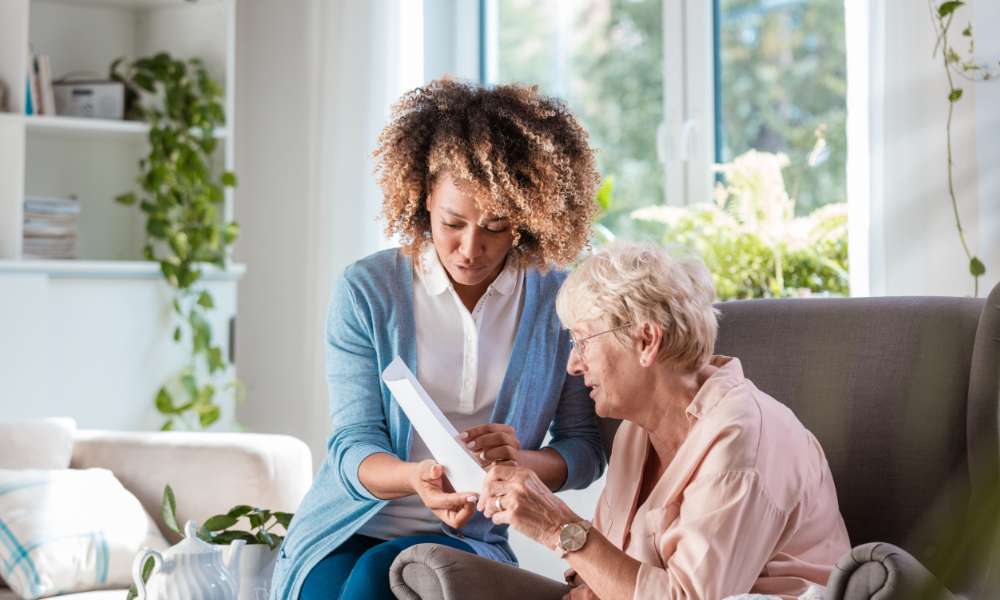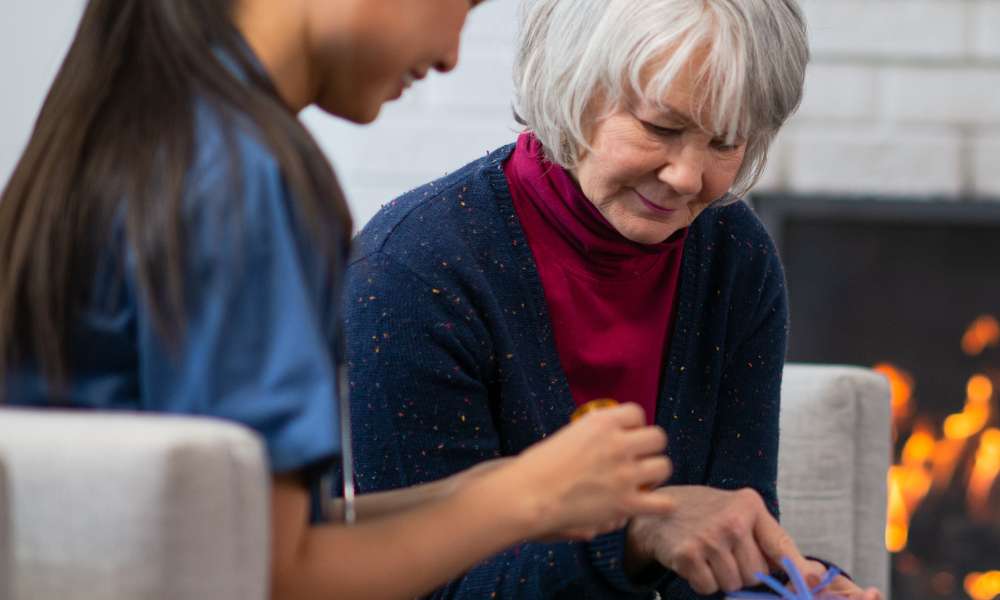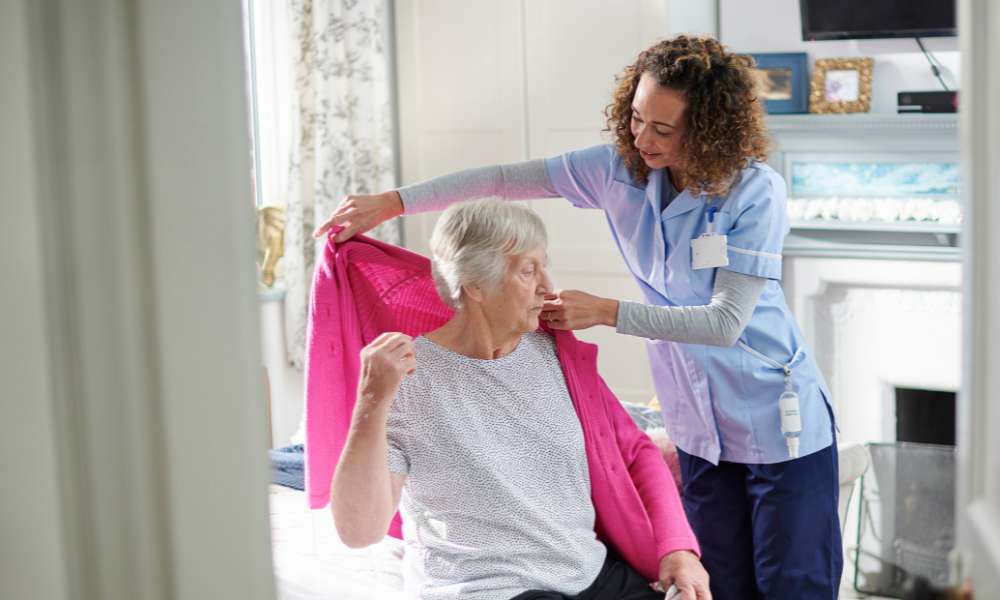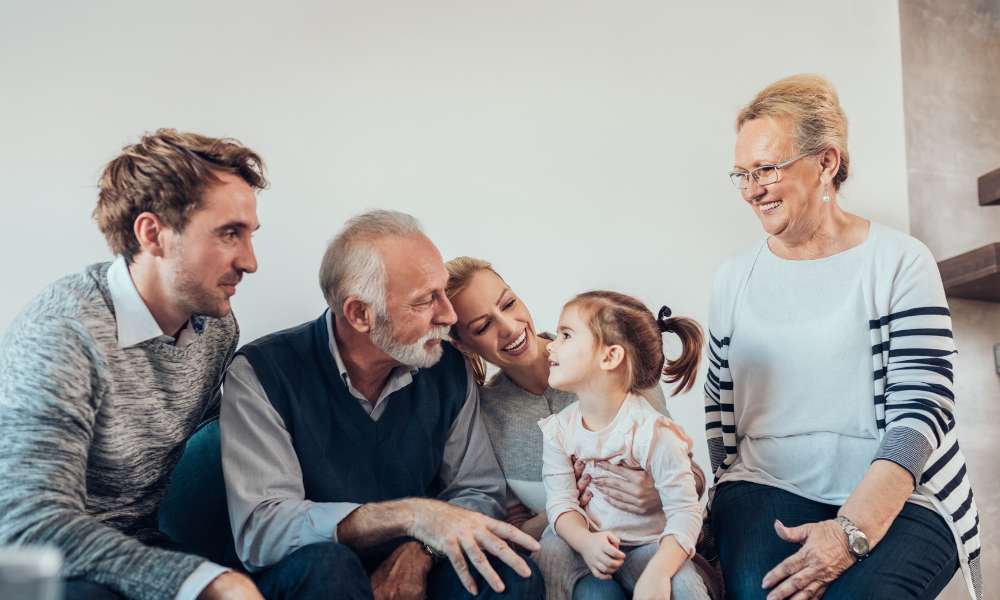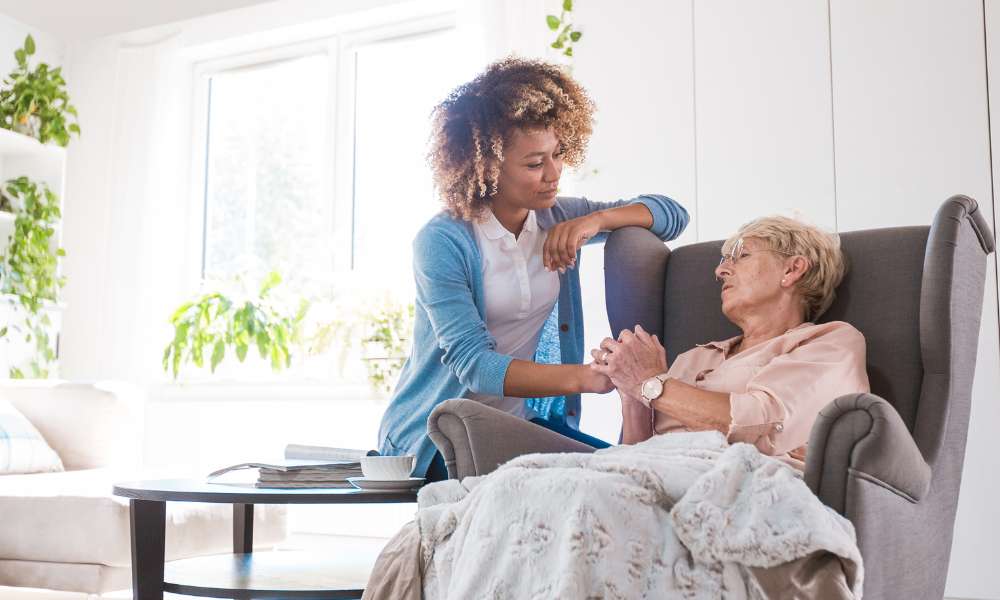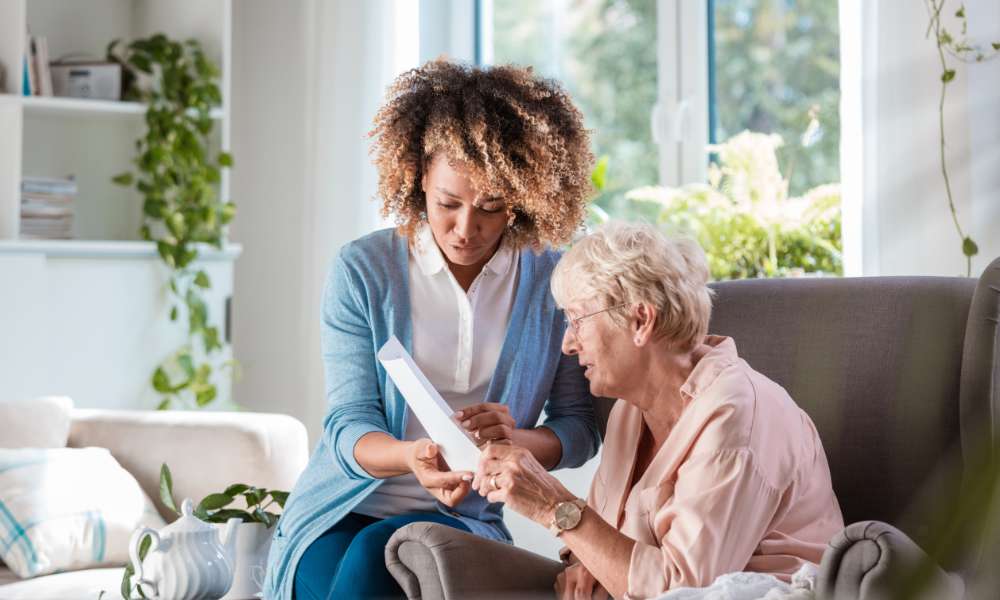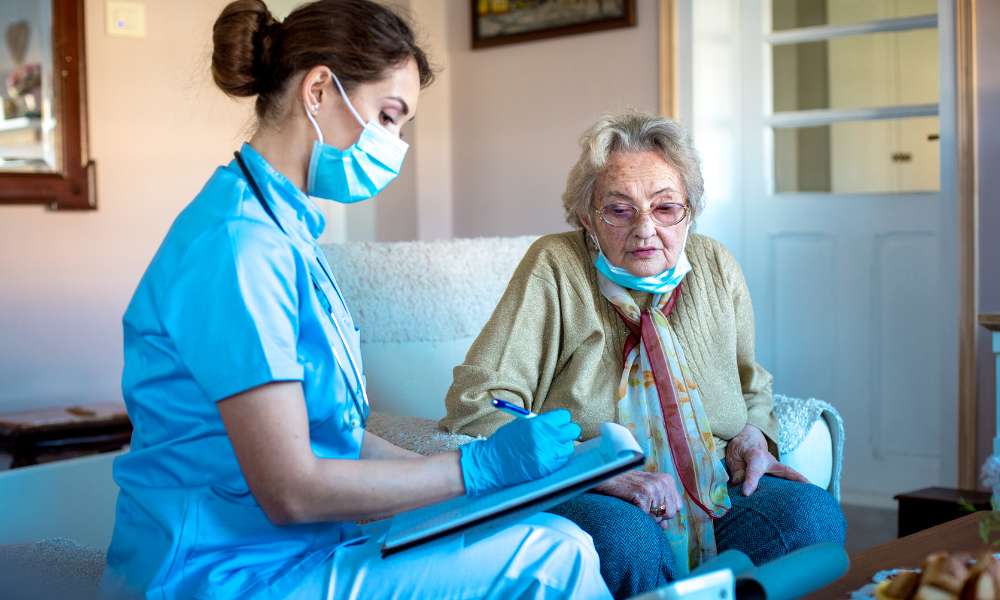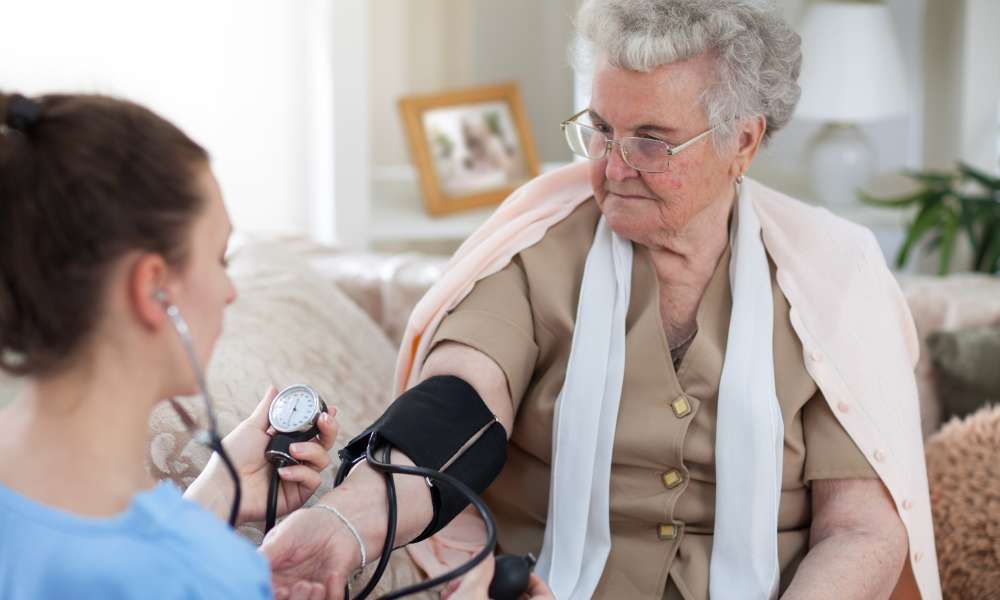
In the realm of healthcare, home attendants and caregivers, such as those at I & Y Senior Care, play an indispensable role in ensuring the well-being and comfort of individuals who require assistance with daily activities due to illness, disability, or aging. Beyond physical care, their responsibilities encompass providing companionship, emotional support, and a sense of security to those they serve. In this article, we’ll explore the essential duties and responsibilities of home attendants and caregivers, highlighting the invaluable contributions they make to the lives of their clients.
Personal Care Assistance
One of the primary responsibilities of home attendants and caregivers is to assist with personal care tasks such as bathing, dressing, grooming, and toileting. They ensure that individuals maintain good hygiene and physical health, promoting their overall well-being and dignity.
Medication Management
Home attendants and caregivers often play a crucial role in managing medications for their clients. This includes administering medications according to prescribed schedules, monitoring for any adverse reactions, and ensuring that medications are refilled on time to prevent interruptions in treatment.
Mobility Assistance
For individuals with limited mobility, home attendants and caregivers provide vital assistance in moving around safely. This may involve helping clients with walking, transferring between beds and chairs, and using mobility aids such as walkers or wheelchairs.
Meal Preparation and Feeding
Proper nutrition is essential for maintaining health and vitality, especially for individuals with specific dietary needs or restrictions. Home attendants and caregivers are responsible for preparing nutritious meals according to their clients’ preferences and dietary requirements. They may also assist with feeding if necessary, ensuring that clients receive adequate nourishment.
Household Tasks
In addition to providing direct care to their clients, home attendants and caregivers often assist with light household tasks to ensure a clean and comfortable environment. This may include tasks such as laundry, light cleaning, grocery shopping, and running errands on behalf of their clients.
Companionship and Emotional Support
Beyond the physical aspects of care, home attendants and caregivers offer companionship and emotional support to their clients. They engage in meaningful conversations, participate in activities together, and provide a listening ear for clients who may be feeling lonely or anxious. Building a trusting and supportive relationship is at the core of their role.
Monitoring Health and Well-being
Home attendants and caregivers are trained to observe and monitor changes in their clients’ health and well-being. They keep track of vital signs, symptoms, and any concerns raised by their clients or their families. By staying vigilant and proactive, they can alert healthcare professionals to any issues that may arise promptly.
Communication and Coordination
Effective communication is essential in the role of a home attendant or caregiver. They liaise with healthcare professionals, family members, and other caregivers to ensure that their clients receive comprehensive and coordinated care. Clear and open communication helps in addressing any concerns or changes in the care plan promptly.
Respect for the Client’s Dignity and Independence
Home attendants and caregivers approach their work with a deep respect for their client’s dignity and independence. They empower their clients to make choices about their care whenever possible, fostering a sense of autonomy and self-worth.
Professional Development and Training
To excel in their role, home attendants and caregivers undergo continuous professional development and training. They stay updated on best practices in caregiving, medical advancements, and relevant regulations to provide the highest quality of care to their clients.
Conclusion
At I & Y Senior Care, our home attendants and caregivers are essential pillars of support for individuals needing assistance with daily activities due to illness, disability, or aging. Their responsibilities span various tasks, from personal care and medication management to offering companionship and emotional reassurance. With unwavering compassion, dedication, and a steadfast commitment to excellence, they significantly impact the lives of our clients. Through their efforts, they empower individuals to maintain dignity and independence while residing comfortably in their own homes.




